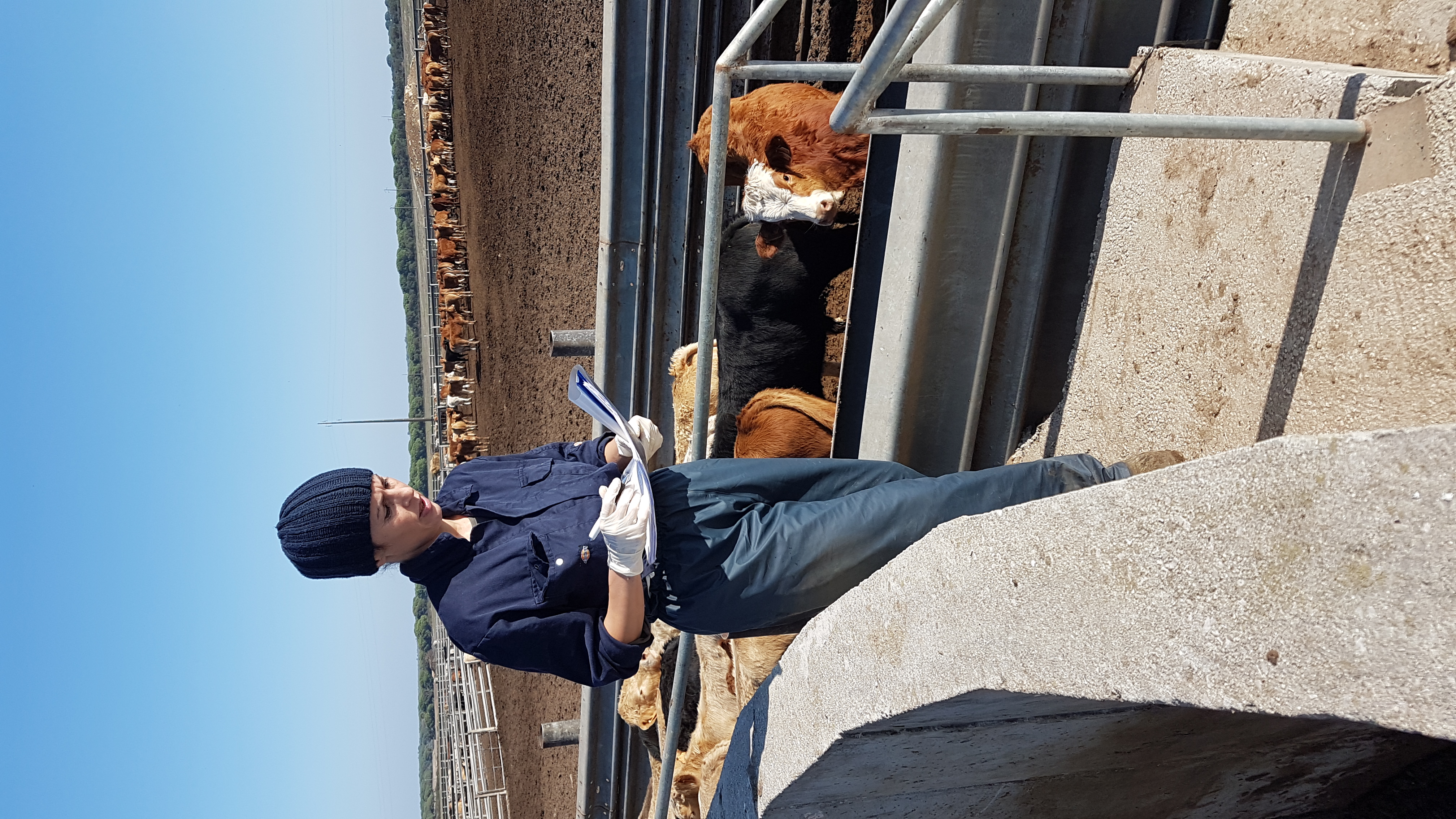New Zealand Begins to Address Methane Emissions
Agriculture remains a cornerstone of the New Zealand economy and ruminant based agriculture, particularly dairy, makes up the largest single component. As a direct result of this, methane emissions from ruminants contribute around one third of the country’s total greenhouse gas emissions. Reducing these emissions is critical to New Zealand meeting its international targets but doing so comes with a considerable risk of damaging the economy.









